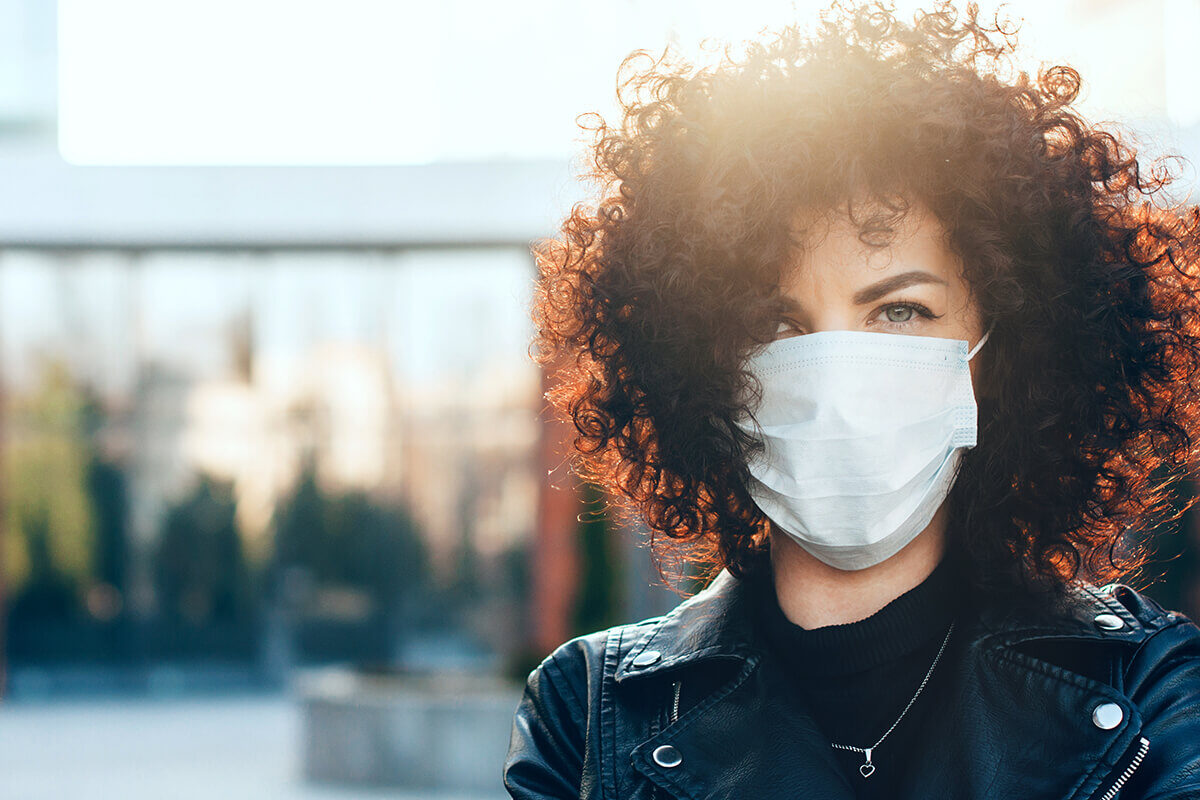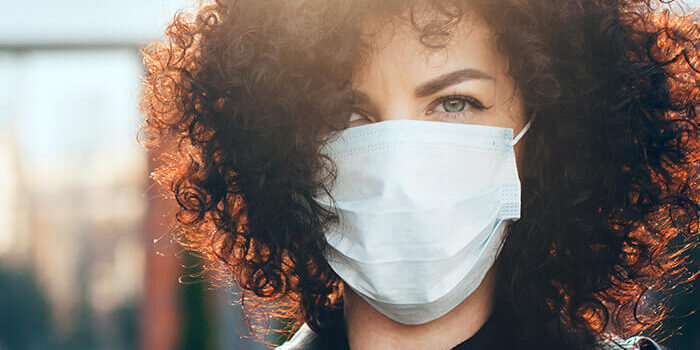Collective: How 2020 has changed Millennials

Earlier this year (just one millisecond before the pandemic) it was fairly easy to characterise the Millennial.
They were individuals seeking career mobility. Freedom meant traveling and looking after their health. Happiness was being with friends and family, and success means increasing personal wealth. They were also worried about building financial security, highly concerned about the environment, distrusting of the government and focused on health and well-being. They were the group expected to grow the global economy, deemed the ‘The future power spender’.
Today, all bets are off.
It’s no secret pre-pandemic, Millennials were afraid of becoming the first generation with worse quality of life than their parents. And now their fears may become reality.
According to economists, Millennials are the hardest hit group by the pandemic (economically), more so than any other generation, also being forced to make drastic lifestyle changes.
For the classic millennial, stress is sky-high. They’re dealing with reduced salaries. Juggling working from home and home-schooling. Some are burdened with sudden unemployment and high mortgage repayments. Many have ageing, isolated parents and family members.
Brands need to be aware of what’s changed for this group since the beginning of 2020. More importantly, how they can stand up and be more helpful, in effort to maintain trust and loyalty.
The Millennial-mindset of yesteryear.
Back in early 2020, The 2020 AUSTRALIAN MILLENNIAL REPORT was released. The marketing community rejoiced. Key findings included:
- The number of Australian Millennials unemployed and looking for work was already up 2% to 12.75% while the total number who feel secure in their current job is down 3.45%.
- Only 35.6% of Millennials living in regional areas were employed full time.
- Almost 20 % of Australian Millennials were single and worked part-time.
- Compared to previous years, rather than just focusing on physical fitness, Millennials were trying to relax and calm down. Brands were encouraged to speak to Millennials about improving their mental health or help them de-stress.
- The average personal optimism had fallen across most of the country. The dream of buying a home seemed increasingly ‘out of reach’.
- Millennial spending on media was up on 2019 across the board.
- They were lovers of video streaming (Netflix) and Cinema experiences.
- App usage, Spotify, Whatsapp, and Uber continued upwards trends, with Netflix the biggest increase. Instagram, You Tube, and Facebook were all steady.
We knew them in absolute terms. We were ready to capture and covert. Then Covid hit.
The Millennials of today: a grim reality.
Economists suggest this latest recession is even worse for Millennials compared to previous downturns, because they are vastly over-represented in the sectors being hit hardest by social distancing and forced shutdowns.
Research by ANZ senior economist Catherine Birch, based on ABS data, shows that three of the six industries that have slashed staff hours the most due to COVID-19 are hospitality, retail, and arts and recreation, which collectively employ 45 per cent of Millennials compared to 27 per cent of all other age groups.
Australian fintech company Groupee conducted research which revealed that that 46 per cent of Millennials have been very severely affected by COVID-19 in terms of their finances. Sadly, out of 1000 millennial survey participants, more than one third are too ashamed to curb their lavish lifestyle in front of friends, from fear of losing face.
Despite their troubles, ‘they continue to push for a world in which businesses and governments mirror that same commitment to society, putting people ahead of profits and prioritising environmental sustainability’. (Deloitte, 2020).
And this is positive news for brands.
How can brands support Millennials in the ‘new normal’?
Acknowledging that their lives have been GREATLY impacted is a good place to start. Simple, but thoughtful customer-service gestures (like free delivery) will go a long way. But how can you add more value?
- Don’t ignore their hardship. But don’t rub it in either – they are a proud bunch keen on saving face. Researchers believe Millennials and Gen Zs hold the key to creating a “better normal” group of people. This is an opportunity to show how your product or service can help them do it. Positive messaging is key.
- Give them credit. Millennials continue to be an often-maligned group in Australia, which is an opportunity for brands to step up and to stick up for them. Acknowledge their value in our society and reassure them that their resilience and courage will get them through. Why not create campaigns themes around this idea?
- Make CSR a priority. Before the pandemic, Millennials were already distrusting of government and big corp. Back in January 2019, around 1 in 10 Millennials were planning on switching banks in response to the Royal Commission. By January 2020 that’s exactly what they did. This generation is increasingly focused on the ethics and environmental impact of their purchase decisions and relationships with business, and they are willing to exercise their spending power. Therefore, the best way for a brand to contribute in 2020, is to make changes to the way they do things, rather than just donate to, or talk about, an issue.
- Digitise your service. According to the 2020 AUSTRALIAN MILLENNIAL REPORT, Millennials really don’t have much interest in bricks and mortar retail. Even the oldest Millennials were too young to be earning money prior to the arrival of Ebay, and shopping in store just doesn’t matter to them. Fewer than 50% would even prefer to purchase clothing in store. Now, more than ever, if you want their business, be online.
Despite these grim times, Deloitte states “The world that follows the COVID-19 pandemic surely will be different and likely more aligned with the ideals that Millennials and Gen Zs have expressed in this and previous Millennial Surveys. They’ve seen how quickly the earth can heal, how rapidly business can adapt, and how resourceful and cooperative people can be. They know that a post-pandemic society can be better than the one that preceded it, and they’re tenacious enough to make it a reality”.
Let’s hope so.
For more information on how to develop a millennial-ready marketing plan, contact our strategic team today.


